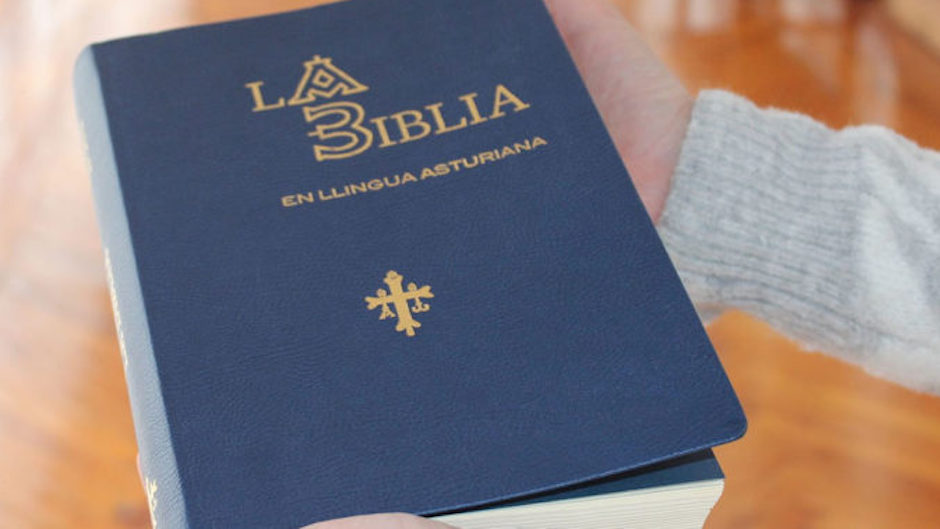
The translation of the Bible into Asturian, published by the Spanish Bible Society, has won the first Florina Alías prize, promoted by the regional Council of Culture, Linguistic Policy and Tourism and endowed with 6,000 Euros.
Asturian is mainly spoken in the Northern region of Asturias, but some minorities in the Spanish regions of Leon and Cantabria, as well as in Portugal, also speak the language.
The jury highlighted “the philological apparatus developed to translate from the original languages, the immense work carried out over more than 30 years, and its complexity”.
They also emphasised “the quality and richness of the translated text, a key work of universal culture”.
The judges met on Sunday, during the first edition of the Days of Asturian Translation. Seven works competed.
The main aspects that are assessed in this award are the quality of the work, the cultural and social value of the original work and its contribution to the cultural heritage of Asturias.
The prize pays tribute to Florina Alías, a poetess and storyteller who published several books in Asturian. Alías is a reference in Spanish post-Civil War literature written in Asturian.
The Bible has been translated by a team of experts in biblical languages and Asturian. The philologist Ramón de Andrés Díaz has been in charge of supervising the whole process, which was developed over more than three decades.
The idea was promoted in 1988 by the Jesuit Federico González-Fierro Botas, the evangelical pastor Rubén Fernández-Valle, both now deceased, and José Luis Andavert, then then director of the Spanish Bible Society.
Andavert expressed his joy for the award in social media, pointing out that “it is a well-deserved recognition to all those who made the Bible in Asturian possible, especially translators and reviewers”.
Ricardo Moraleja, coordinator of Bible translations for the Spanish Bible Society, explained in an interview with Spanish news website Protestante Digital many details about this translation.
“We would like the Bible to become a reference for the good use of Asturian. We want it to be the reference text in both the ecclesiastical and civil spheres in Asturias”, he said.
No comments:
Post a Comment